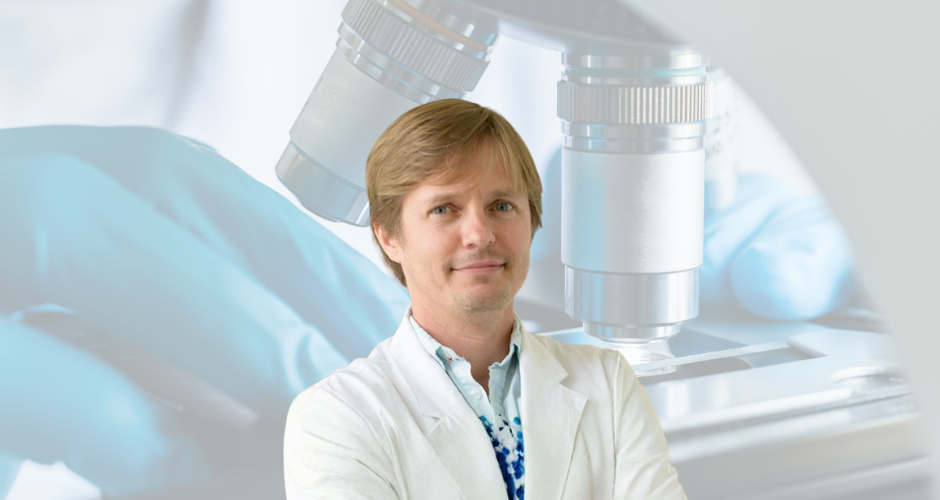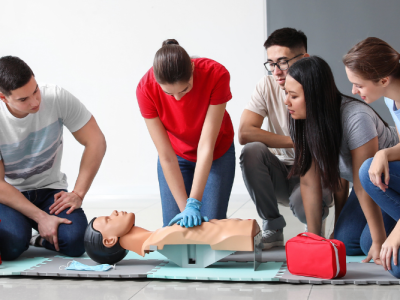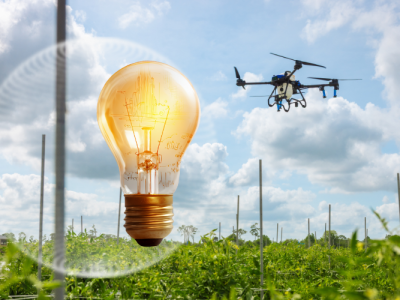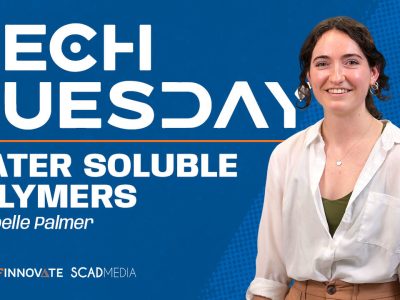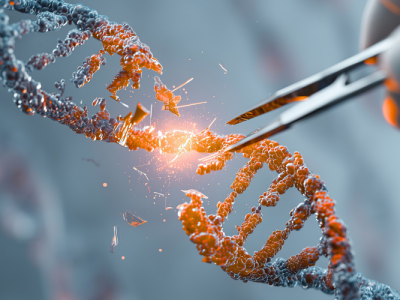Backed by a $3 million grant from the National Science Foundation, a University of Florida research team is combining living cells with solid-state materials to develop better tools for environmental monitoring.
The idea revolves around biotechnology, which uses living organisms and biological processes to develop products and technologies. The UF engineering team plans to program living cells — from bacteria or sea anemones — like computers to create biosensors that can help determine harmful pathogens and toxins in the water in real time.
Ideally, this will make a critical safety process shorter; the quicker pathogens are detected in a water sample, the sooner the public is protected.
Read more about From Cells to Solid State to Public Health, UF Team Building Biosensors.

